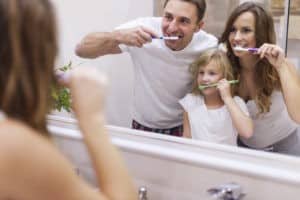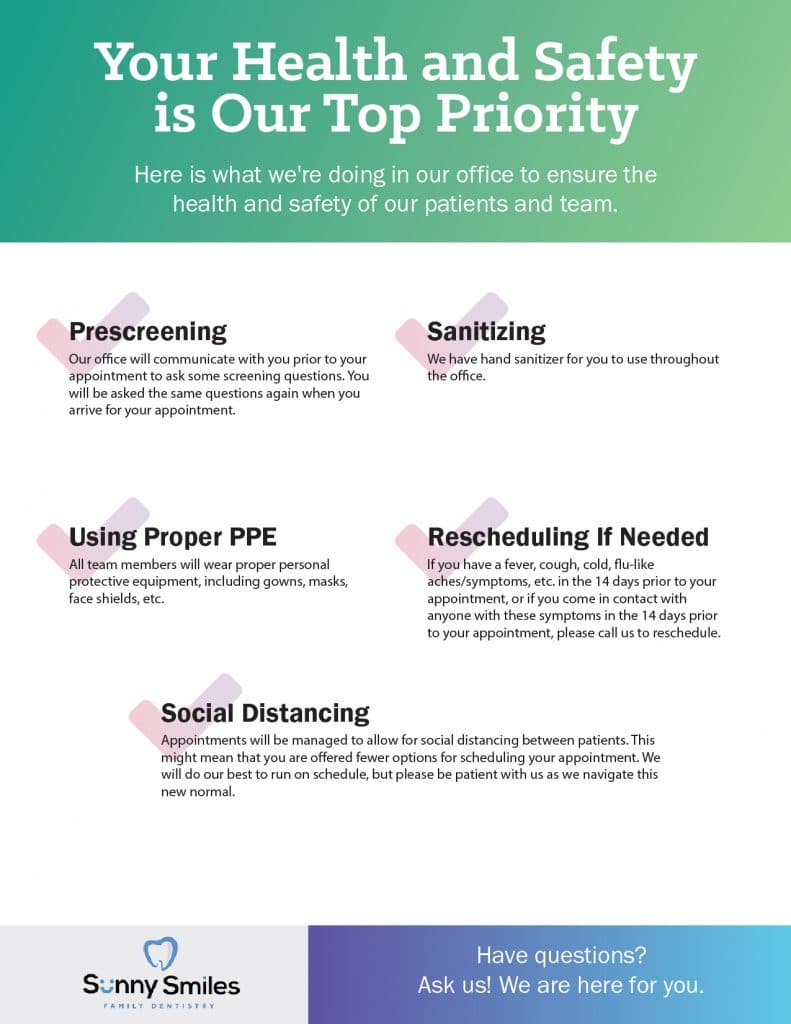 Taking care of your smile requires teamwork between you and your dentist. The goal is to prevent harmful issues from developing, and though you might not realize it, much of your preventive dental care takes place at home. Every time you brush and floss, you’re preventing plaque from calcifying into tartar, and therefore preventing the bacteria it contains from harming your teeth and gums. Today, we explore what it means to practice preventive dentistry at home, and why personal and professional dental cleanings are so important.
Taking care of your smile requires teamwork between you and your dentist. The goal is to prevent harmful issues from developing, and though you might not realize it, much of your preventive dental care takes place at home. Every time you brush and floss, you’re preventing plaque from calcifying into tartar, and therefore preventing the bacteria it contains from harming your teeth and gums. Today, we explore what it means to practice preventive dentistry at home, and why personal and professional dental cleanings are so important.
What Preventive Dentistry Means
Brushing and flossing is the crux of a good hygiene routine, but there’s more to protecting your teeth than simply cleaning them once in a while. A few tips to remember about preventing dental issues include;
- Watch what you eat – The oral bacteria that make up plaque are largely harmless on their own, and even the harmful ones are only dangerous when they consume and metabolize certain nutrients. For instance, eating a lot of sugar fuels oral bacteria to produce acids that attack tooth enamel, leading to tooth decay. By eating healthy and not snacking too often throughout the day, you can reduce the effects of oral bacteria between brushing and flossing sessions.
- Drink more water – Your saliva is a potent natural defense against oral bacteria and the substances they produce, and drinking plenty of water helps ensure a healthy saliva flow. Also, drinking water can rinse away lingering food particles, especially immediately after snacking or eating a meal.
- Be conscious of what your teeth are doing – Bruxism, or consistently grinding your teeth, can be a major threat to your dental health. If you catch yourself clenching and grinding your teeth during the day, try to consciously stop. If you grind your teeth at night, while you sleep, then you might need a custom mouthguard to wear at night and protect your teeth from the stress of bruxism.




